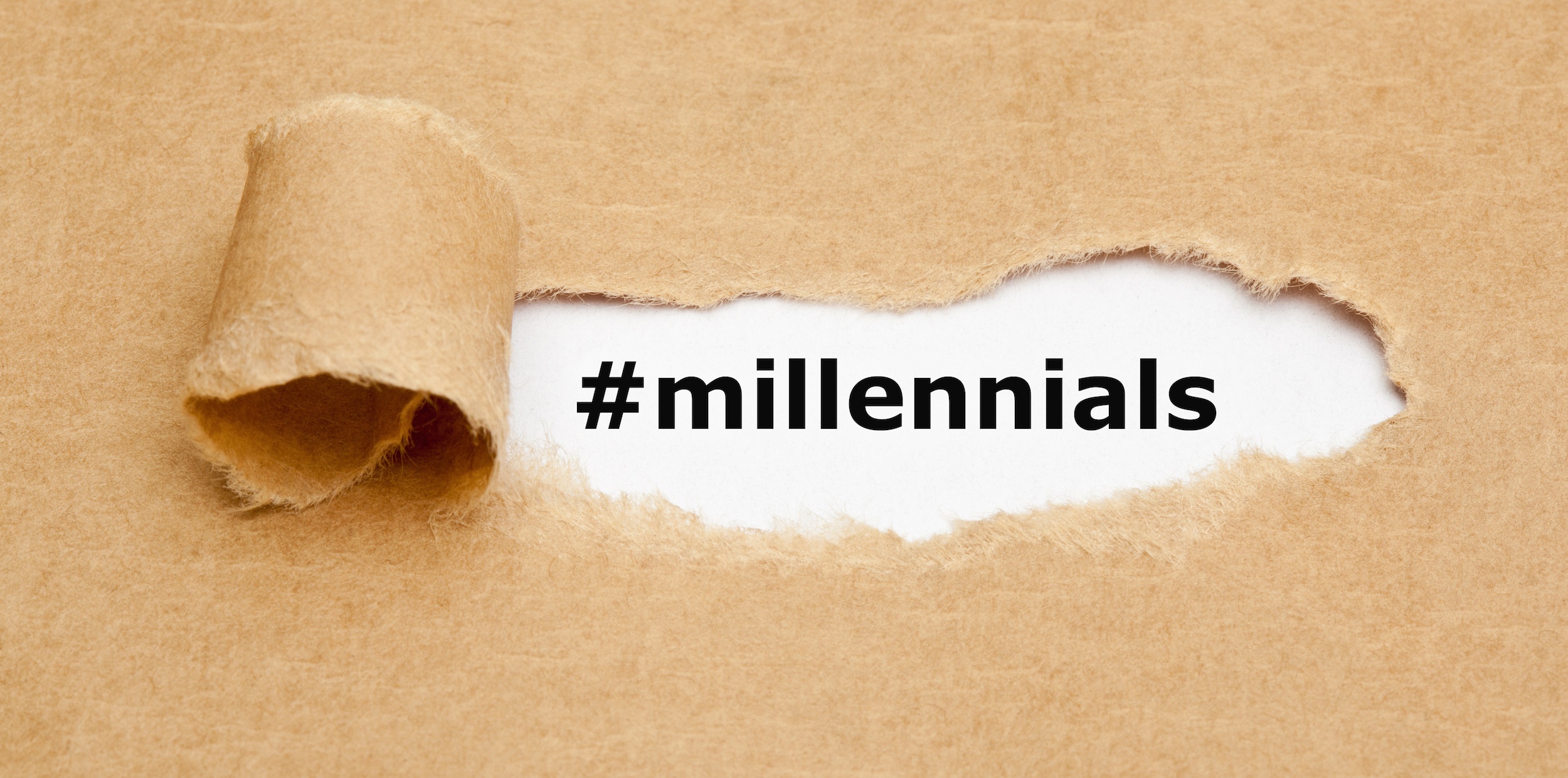How to Manage Millennials
The topic of millennials has been a hot button issue since they entered the workforce, and the million dollar question remains, “How do you manage millennials?”
I have a personal tie to this question. Although there is often discrepancy of what birth years define a millennial, I am 100%, unequivocally, without-a-doubt a millennial. I was born in 1986, entered the workforce in 2009 and grew up alongside new technology as it really began hitting the market.
I’ll be honest; I am so tired of hearing the millennial question — not because it’s (in)directly pointed at me, or because it is simply overplayed in my opinion (both of which are true), but because I’ve never felt like anyone came up with a simple, black-and-white answer that left no room for ambiguity … until now.
If you have a particular interest in leadership and workforce topics, you’ve probably heard of this guy before: Simon Sinek. He’s a motivational speaker and author who focuses largely on effective leadership. In this video, Simon breaks down the four main factors impacting the millennial generation:
- Parenting.
- Technology.
- Impatience.
- Environment.
Much of his argument stems from our body’s reaction to dopamine, the chemical messenger responsible for transmitting feel-good signals to the brain. As he points out, it’s often associated with addiction, and the instant gratification craving we know so well these days is the star player in the case of millennials.
Here’s why I think he’s onto something…
Parenting
The term “parenting” is more subjective than it sounds here. I believe it spans past the immediate parents into other influential adults, such as teachers, coaches and neighbors. Sure, my parents stepped in when I voiced problems at school, but they were a little more realistic about what I was capable of as far as careers went. They recognized my strengths and areas for improvement early, especially in comparison to my older sister (and polar opposite), the competitive athlete. I was a quiet kid who enjoyed arts and crafts, and my parents were committed to nurturing this through weekend art classes and allowing me to express myself through how I dressed. They laid the groundwork for a career path, but I recall most of those ego-boosting sayings coming from the posters of my giant public school. “You can do anything you put your mind to!”
Were these ego-boosters targeting a future generation of “entitled” employees, or were they simply incomplete? “You can do anything … if you study hard, network, predict and understand the recession that’s about to hit and comprehend that it is a dog-eat-dog world out there.
It’s all chicken or egg for me here, though. As Simon points out, parents want their kids to feel special and schools don’t want to deal with parents, suggesting the point was always moot for us millennials.
Technology
This one’s tricky because I think the internet is awesome.
At times, I feel like us millennials are stuck in the middle when it comes to technology. I remember the days of having to go outside to make my own fun, much unlike my nephews who, today, are far less impressed with paper and crayons than they are with a tablet. This isn’t their fault though; they’re simply products of their environment (more on this later.)
Similar to what Simon says, I often leave my phone behind when going out to dinner in the neighborhood or heading to the grocery store. This is usually quality time spent with a loved one, and deserving of my undivided attention. It’s different if I’m going out for the night though; I can’t be naive enough to leave my phone behind and expect to not get separated from my friends or get a ride home.
The middle ground solution I’ve found here is the Do Not Disturb feature on my phone. By eliminating the many distractions, I can hone my focus in on the things that matter most: true quality relationships and experiences. Implementing small tricks like this can make a big impact.
Impatience
Impatience draws from the aforementioned instant gratification.
I appreciate Simon’s emphasis on the imbalance between social media and the real world because, it’s true, we are too distracted by our phones. Sometimes I feel like it’s not fair to put all emphasis on millennials for this. It was a hot topic when millennials were first entering the workforce because it forced many leaders to question how to connect, empower and challenge these individuals. That said, there’s no doubt this has diffused into the home and work lives of other generations. It seems like everyone’s grandmother is accessing Facebook and other social media channels from their smartphones these days — not just millennials.
Environment
Millennials are growing up, and as fast as we’re progressing through our careers, we’re also adapting to new environments.
Simon mentions the no-no of bringing phones into meetings “face up or face down.” I, again, go back and forth here. When I first started my career — and for some years following — I never dared bring a phone into a meeting out of respect for my colleagues and superiors. This was a direct result of my parents. Though open and progressive, they made clear the need for respecting other adults when I was younger, which trickled down into my approach to workplace conduct. Today, however, so many aspects of our lives live on our phones, including work emails, calendars and video conferencing apps. Many workplaces, especially in the startup scene, have created swanky, tech-savvy environments, developed strictly for modernday work. I would literally be wasting someone’s time if I sat there, unable to answer questions on the spot because I didn’t have my phone nearby. A Catch-22, if you will.
All things considered, I agree with Simon’s approach to breaking down the challenges of managing millennials, though I sometimes feel like people are overly critical of younger generations because that’s simply the society we live in and it can be hard to see some of our own characteristics reflected in others. My favorite irony is when they discover that their birth year arguably qualifies them as a millennial. Though, is it fair to say one is defined by their birth year, or is the term “millennial” simply a makeup of something more fluid? Either way, I know I qualify, and I’m objective enough to know how “millennial” this blog truly was.

Written by: Taylar Ramsey
Taylar Ramsey is a marketing independent contractor with specialty in strategic campaign design and execution, event planning and creative copywriting. A long-time friend of Human Capital Media, she regularly contributes content surrounding external promotions, internal development and outstanding achievements – all reflective of Human Capital Media’s vision, “Better workplaces, better lives.”


